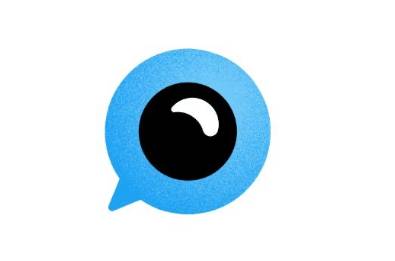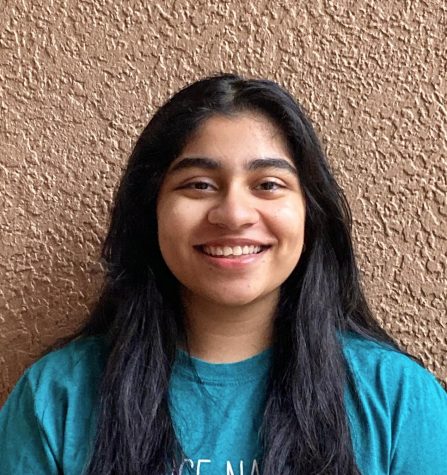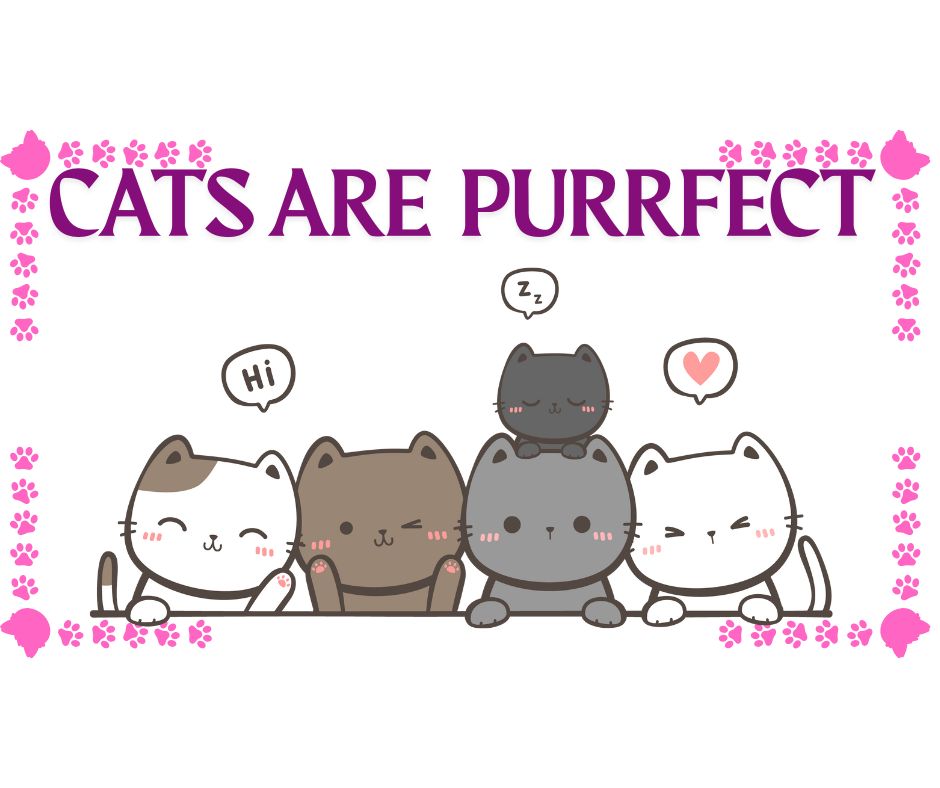Twitter Launches New Anti-Misinformation Campaign

March 22, 2021
In an age where false information can spread like wildfire, it is important that published information is correct and fact-checked, especially when it is in the hands of only a few but all-powerful tech companies.
2, In late January, Twitter launched a program called Birdwatch in an effort to combat misinformation. The company had already taken steps as early as last year when flagging certain tweets about the pandemic and the election (including 200 of Trump’s tweets) as misleading. Now, the company launched the program Birdwatch to further its commitment to limiting misinformation.
The program makes use of a crowdsourcing model, primarily because hiring workers to review tweets is time consuming and expensive, but also to allow a more diverse range of perspective to consider whether a statement is misleading. It works by allowing volunteers to flag tweets as misleading or false before asking them to explain their reasoning or provide evidence in a note. Furthermore, volunteers keep each other in check by rating other users’ notes so that those with the highest rating (or the greatest perceived validity) have more weight for future tweets,3.

As things usually go on Twitter, everything is not just sunshine and rainbows. While the program may seem great on paper, the fact that it allows the general population to work on this is its major fault – at least in the way the program is run now.
A large portion of the most active Twitter users are “stans,” or fans of celebrities that take personal involvement in their idols’ careers and lives. Naturally, these people have been some of the most involved in the Birdwatch program because they want to preserve their favorite celebrities’ reputation. Because of this, many of the Birdwatcher notes only involve small arguments between opposing groups of stans that let their bias drive interpretation of the validity of the tweet4. What makes things even worse is that none of these people are trained, so instead of the program creating a critical and thoughtful system to prevent the spread of misinformation, it just created a smaller, more debate-centered Twitter. 5
People often look to Wikipedia as the shining example of successful crowdsourcing. Unlike Wikipedia contributors, Birdwatchers have not established a sense of community and do not satisfy any greater sense of purpose. Wikipedia contributors feel that they are helping to create a large and helpful collective of information, but the Birdwatchers seem to be involved only for individual and relatively pointless arguments. The best way to improve this is to encourage them to want to participate for the larger goal of upholding the truth and spreading correct information so that they are motivated to review tweets that go beyond those in which they have a personal stake in. Hopefully Birdwatch can be transformed into an efficient tool for verifying information.
1 https://twitter.com/birdwatch
2 https://abcnews.go.com/Technology/twitter-facebook-slap-labels-trumps-misleading-election-posts/story?id=74020537
3 https://www.npr.org/2021/02/10/965839888/twitters-birdwatch-aims-to-crowdsource-fight-against-misinformation
4 https://apple.news/AEj5xOEgRR6GudOwMupdTfg
5 https://www.vox.com/2016/12/1/13812822/twitter-yes-acquisition-keith-coleman-head-of-product



